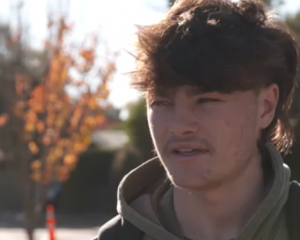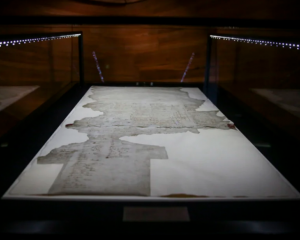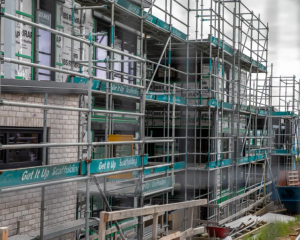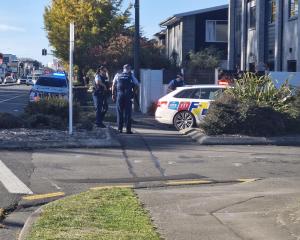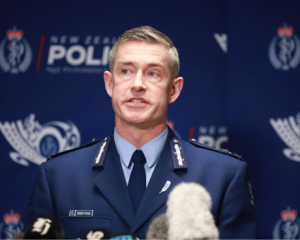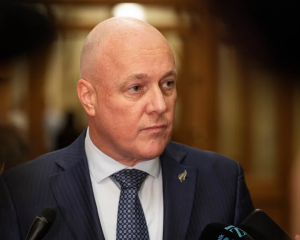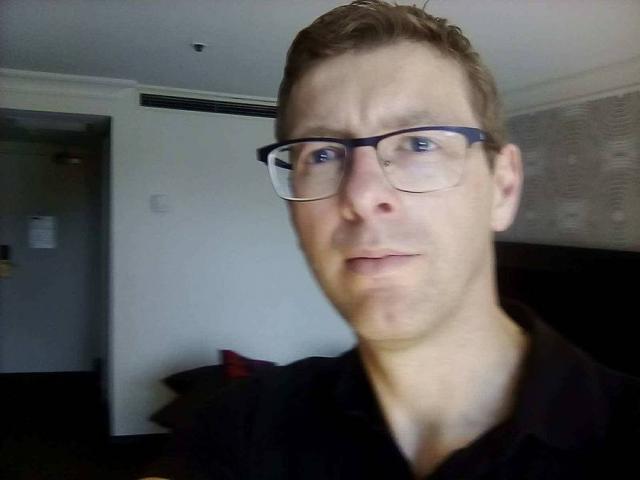
Andrew Yiallouros (38) and Daniel Healy (48) started at Auckland Normal Intermediate School in July.
Both have quit in frustration after battling four agencies for months to get their qualifications and years of teaching service recognised, and being paid only the "unqualified" rate of $32,456 a year in the meantime.
Healy left last week to teach in Bahrain, and Yiallouros will return to Britain in November.
Yiallouros has posted a long and bitter post to his Facebook friends saying he was not surprised at the teacher shortage because "if that's the way New Zealand treats teachers you'd have to be desperate to do it".
"There's thousands of teachers in the UK who would love to come here and teach, who would find Auckland house prices not that expensive, and who would love New Zealand kids," he wrote.
"But I for one will be telling them not to bother as it's an awful situation here. I've lost thousands and thousands of dollars, been treated like an object rather than a human being, and have had a love of New Zealand turned into a mild disliking."
Ministry of Education deputy secretary Ellen MacGregor-Reid acknowledged to the Herald that the system requiring approvals from Immigration NZ, the NZ Qualifications Authority (NZQA), the Education Council and the teacher salary contractor Novopay "has caused frustration for some teachers and schools and needs improving".
She said the ministry was now "working closely, and at pace, with the four agencies involved on a more joined-up approach".
Yiallouros and Healy came here with their wives at the start of this year and only realised the bureaucratic hoops they had to jump through after they arrived.
Yiallouros met his Russian partner Inna in Thailand and they came here for her to do a travel internship. They married here but will return to Britain because of the costs and difficulties of getting through the official processes.
Healy and his Kiwi wife met when they were teaching in the United Arab Emirates. His wife lined up a job here before they came and at first Healy looked after their baby son, who was born here a year ago.
He applied for permanent residency, costing $1250, but was turned down because he and his wife had only been together for two years, even though Immigration NZ's website says only one year together is required.
He then applied for a work visa, costing $393, but when he finally got it in June it was for only one year instead of two, making it hard to apply for teaching jobs with a visa that would expire half-way through the next school year.
He immediately applied to NZQA for an international qualification assessment, which is required before the Education Council can provide NZ teaching registration.
NZQA requires certified copies of qualification certificates and full records ("transcripts") of all papers completed, and charges $746 and sometimes extra fees.
"I'm a little bit older, and in the UK they have only started getting transcripts recently, so I had to get letters from the UK saying they didn't do transcripts when I was there," Healy said. "And it was school holidays, so I received my transcript for one of my teaching degrees only two weeks ago."
The Education Council then requires details of teaching experience and police certificates from each country the person has worked in, charging a further $302. The police certificates cost another $120.
Finally, Novopay will not pay an appropriate pay rate until it receives more certified copies of qualifications and transcripts plus a letter on the school's letterhead from every school the person has taught at detailing when they taught there and for how many hours a week.
Healy had taught for about 12 years in Britain and eight years in Spain, Singapore, Taiwan and the Middle East.
"Some of the schools don't know me from 20 years ago," he said.
Novopay will backpay teachers to the appropriate pay rate once it has all the documentation, but in the meantime Healy and his wife and son were "living hand to mouth".
"We were falling behind with our bills," he said. "We were so desperate I had to leave my job and accept a job abroad."
The Bahrain school wouldn't wait until Healy's wife's contract ends at Christmas, so he has gone to Bahrain alone and his family will join him later.
"We are definitely committed to come and live in New Zealand because my wife is from here and we want our children to be near their grandparents, but personally I don't want to come back and teach," he said.
They plan to visit their son's grandparents every school holidays, but the boy and any future siblings will grow up in Bahrain until Healy retires.
"They won't be playing rugby for New Zealand," he said.

